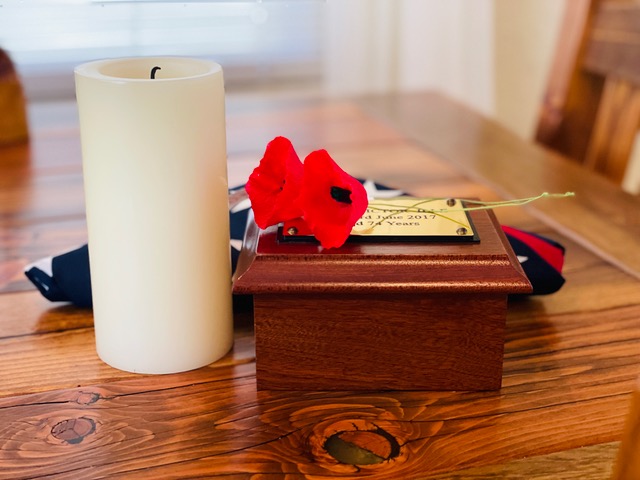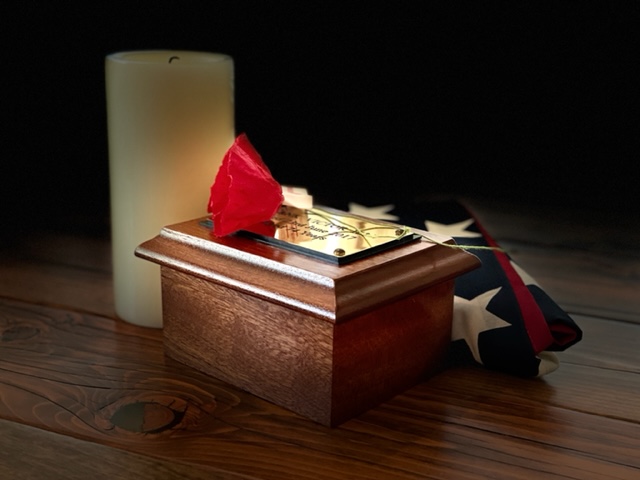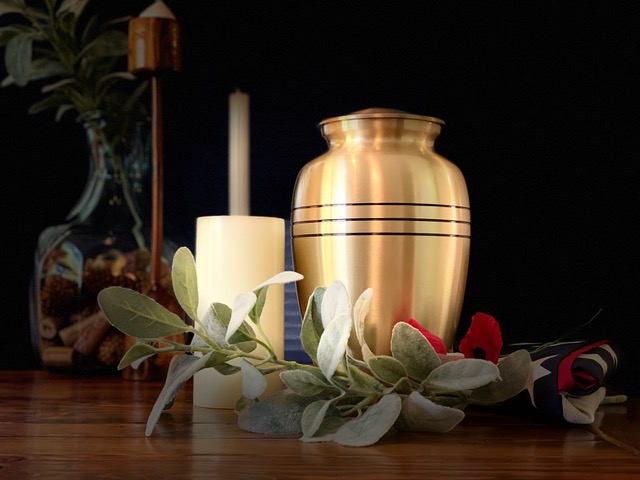Making funeral arrangements when you have lost a loved one can be overwhelming and emotional. The funeral director will seem to ask a myriad of questions about what your loved one wanted for a funeral or cremation service. Often, families end up spending more than they had planned by being bamboozled with decisions.
Cremation is definitely the preferred option if you need to save on funeral costs. By opting for cremation, you eliminate the need for a casket, burial vault, cemetery plot, and embalming.
We have put together some key tips below to help you understand where some unnecessary or hidden costs can be avoided:

Casket Costs & Requirements:
A casket is one of the most expensive items to purchase for a funeral service. For many years, funeral homes had elaborate casket showrooms and marked up casket prices significantly from wholesale. The Federal Trade Commission’s Funeral Rule changed this and continues to govern some aspects of the consumer funeral industry regulations.
As a consumer, you have the right to purchase a casket from elsewhere than your funeral home. And the funeral home MUST accept delivery of a chosen casket without adding a surcharge. Caskets can now be purchased from online retailers at a discounted cost and delivered straight to your funeral home.
Also, a casket is NOT required for a cremation. All that is legally required is a suitable combustible container. Typically today, that is a reinforced cardboard container. If you intend to hold a funeral service before cremation, many funeral homes offer a rental casket for this purpose.
Caskets typically cost between $3,000 to $12,000 from a funeral home. Now you can buy a casket online for close to $1,000.

Laws for Embalming:
Embalming is NOT required by law. It is only required in certain exceptional circumstances that may pertain to public health or when a deceased body needs to be transported domestically or internationally. Embalming does not preserve a body for eternity; it merely delays the decomposition process.
If you do not wish to have your loved one embalmed, do not feel pressured to do so. Many more funeral homes have refrigeration these days, removing the need to embalm a body unnecessarily.
Funeral homes typically charge between $350 to $800 for embalming services.
Hidden Costs & Third-Party Fees:
Sometimes, funeral homes offer a funeral package price that seems value for money, only to add ‘hidden’ costs in the fine print. All funeral homes have a General Price List (GPL) and a Casket Price List that must list all their services and service charges.
When you inquire about funeral prices, a funeral director should provide you with a GPL. Certain charges are considered third-party fees, such as the costs for death certificates, a cremation or burial permit, and, in some cases, the cremation container and crematory fee.
Do carefully check what is and is not included in your contract before signing.
Burial Vaults & Rubber Seals:
Another large expense added to funeral costs is the concrete burial vault. Some cemeteries do have bylaws that require some kind of burial vault to protect the integrity of the ground. However, a burial vault will not delay decomposition, and you should carefully check your cemetery’s rules on burial vaults before making a purchase.
Similarly, another ‘false’ sale is the addition of rubber seals on caskets. Despite what a funeral home may tell you, rubber seals do not actually do much.
Checking Funeral Licensing Rules:
Each state has a Funeral Licensing Board and the legislation governing funeral homes can vary somewhat by state. For example, some states do actually require a licensed funeral director to transport the deceased, which can be more costly than a funeral home employing a driver or mortuary transport service.
This article on US Funerals Online covers the states that have specific requirements mandating the employment of a licensed funeral professional – D.I.Y Funeral Care & Family-directed Funerals.
Ask Questions – Is it Really Necessary?
Finally, the more prepared you are for a funeral arrangement meeting with the funeral home, the more you can remain in control of your requirements and budget. It can help to have decided exactly what you do want for your loved one (or yourself) before you start to embark on a funeral contract.
And remember, do not be pressured into purchasing items or services that you do not want or need. There is a reason that the term “distressed purchase” is a trade term for upselling funeral services.



